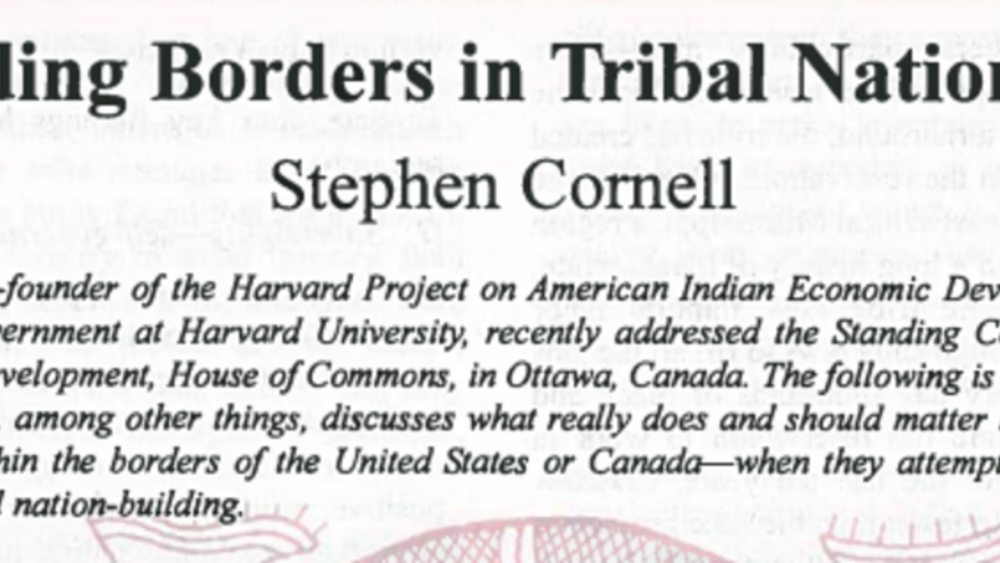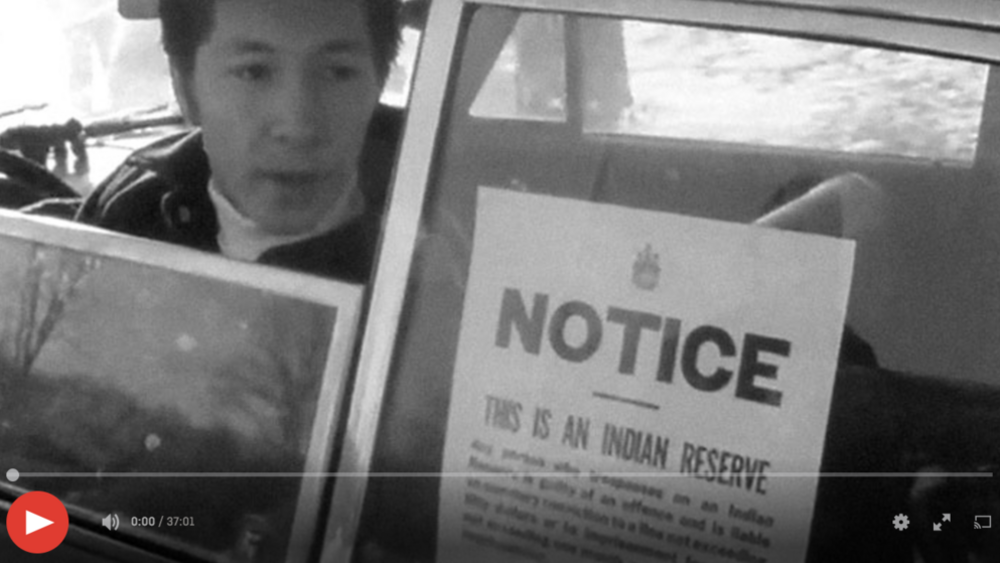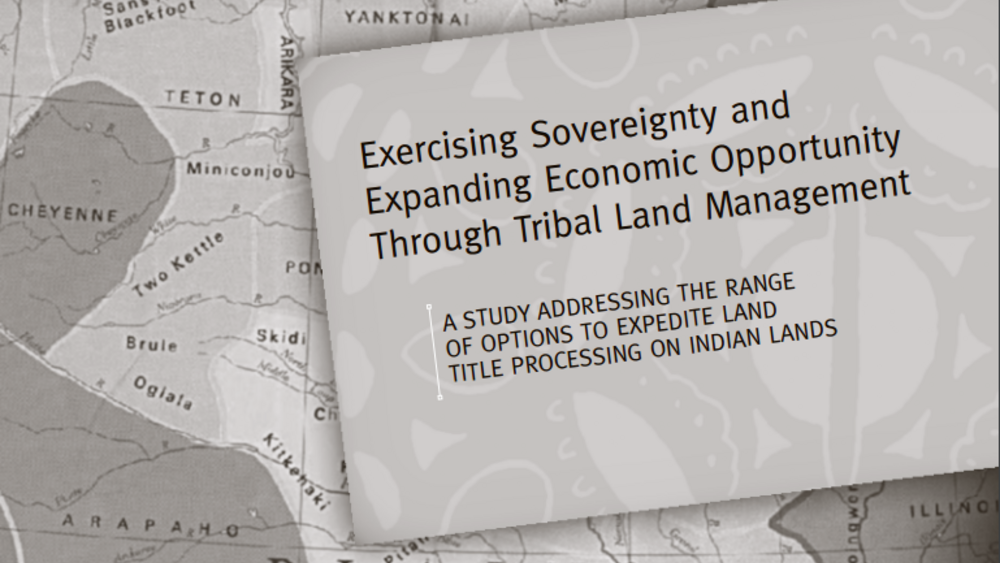This 3-part discussion about the invisible borders of reservations, tribal treaties, and tribal sovereignty is led by Dr. Miriam Jorgensen, Research Director of both the University of Arizona Native Nations Institute and its sister organization, the Harvard Project on American Indian Economic Development; the honorable Karen Diver, former chairwoman of the Fond du Lac Band of Lake Superior Chippewa and current director of business development for Native American Initiatives at the University of Arizona; and Dr. Kelsey Leonard of the Shinnecock Nation, assistant professor in the Faculty of Environment at the University of Waterloo.
Additional Information
Jorgensen, Miriam, Karen Diver, and Kelsey Leonard. "Invisible Borders of Reservations, Tribal Treaties, and Tribal Sovereignty" Webinar. Arizona State Museum. Oct. 23, 2020. https://www.youtube.com/watch?v=F1KyaGdRzR4



